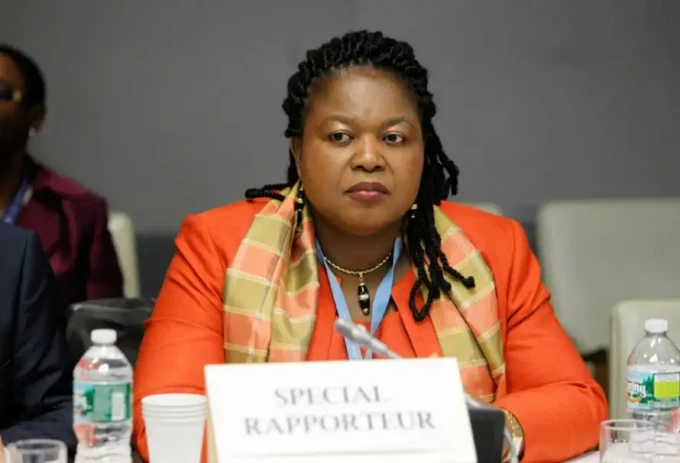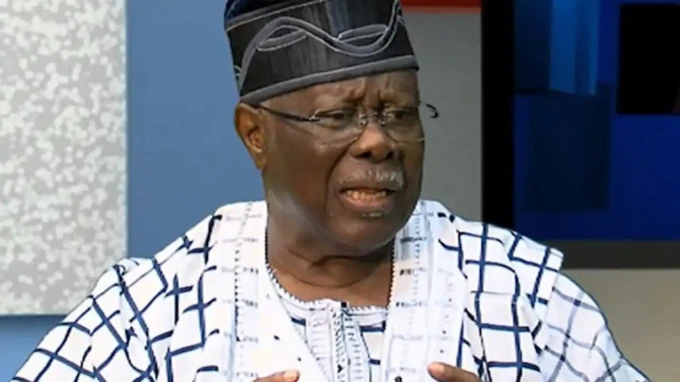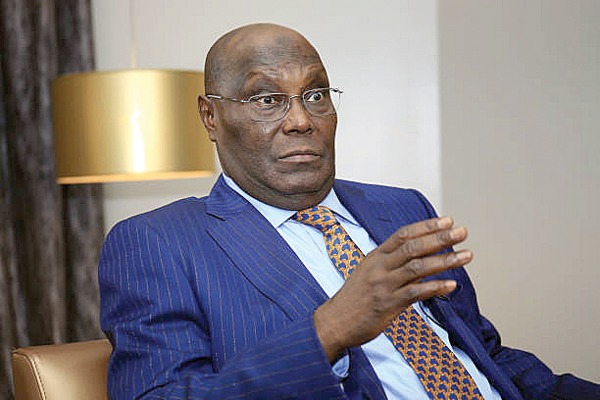On May 27, 2025, Nigerian President Bola Tinubu formally requested parliamentary approval for external borrowing totaling $21.5 billion. This request, detailed in a letter seen by Reuters, also includes borrowing of €2.19 billion, 15 billion Japanese Yen, and a grant of 65 million. The proposed borrowing is part of Tinubu’s broader economic reforms initiated since taking office in 2023, which included the elimination of fuel subsidies and the devaluation of the national currency, the naira. These measures aimed to stimulate economic growth but resulted in heightened inflation and a severe cost-of-living crisis across Nigeria. The proposed borrowing is seen as a response to the economic impact of these reforms. (reuters.com)
In November 2024, President Tinubu had previously sought approval from the National Assembly for a new external borrowing of $2.209 billion (approximately N1.767 trillion) to finance the 2024 budget deficit. This borrowing was part of a broader fiscal strategy to support Nigeria’s economic recovery efforts. (vanguardngr.com)
The recent request for an additional $21.5 billion in external borrowing underscores the government’s ongoing efforts to address the fiscal challenges posed by its economic reforms. However, this move has raised concerns among economic experts and citizens alike. Critics argue that the substantial increase in external debt could exacerbate Nigeria’s debt burden and lead to higher debt servicing costs. They also caution that without significant improvements in revenue generation and economic diversification, the country may face challenges in repaying these loans, potentially leading to a debt trap. (asknigeria.com)
The Nigerian Senate is expected to deliberate on the president’s request in the coming weeks. The outcome of this deliberation will have significant implications for Nigeria’s fiscal policy and economic trajectory in the near future.












Why should taxpayers foot the bill for such a massive loan? Is this really the best way to manage our finances?
Why should taxpayers foot the bill for billions in external borrowing? Shouldnt we focus on internal revenue generation instead?
Why should taxpayers foot the bill for such a massive loan? We need transparency and accountability!
Why should Nigerian taxpayers foot the bill for Tinubus massive borrowing spree? Is this really in the countrys best interest?
Why should taxpayers foot the bill for risky external borrowing? Is it really in the best interest of the people? #DebtDebate
Isnt it concerning that President Tinubu is seeking such a huge external borrowing? Will this benefit or burden the country in the long run?
Is this a smart move or a risky gamble? Lets discuss if President Tinubus borrowing request will benefit or burden the nation.